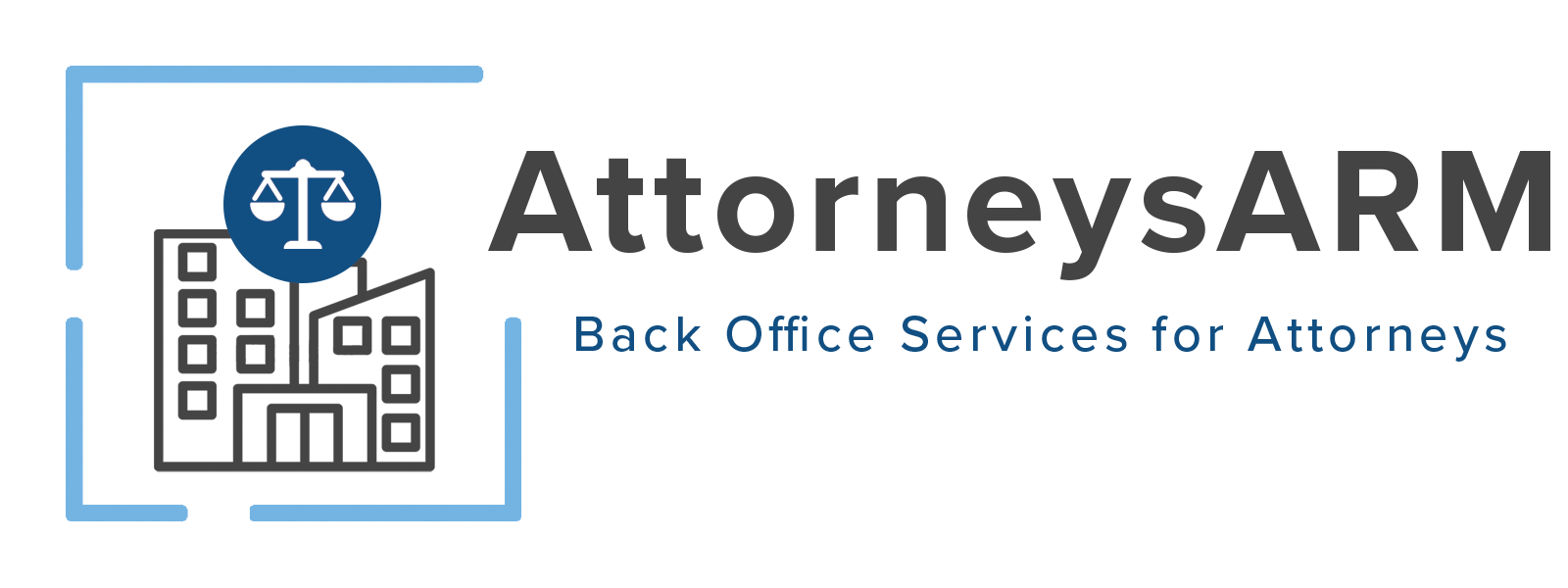What You Need to Know About Collecting on Old Debt!
Whether the outstanding debt owed to you is two years old or ten years old, there are some things you should know about trying to collect on older debt. It’s not going to be as easy as collecting on a debt that has recently become delinquent. Here are ____ things you need to know about collecting on old debt.
Documentation Is a Necessity
It’s much easier to collect on debt that’s not two years or older because documentation is easier to come by. If you want to try to collect on older debt, documentation is a necessity. So, what is documentation? Sometimes, this can depend on the type of debt. Since Clients A.R.M. performs collections on service based, legal, and healthcare matters, we are going to discuss this from a service business perspective. According to Nolo.com, documentation of a debt requires, at the very least, something that shows there is a written agreement between you and the debtor; if the debt has been sold to a debt buyer, they must produce proof of assignment. Proof of assignment gives them permission to pursue the debt.
Debtors have the right to request proof of the debt owed. That’s where this documentation comes in. Hopefully, you will be able to produce a service contract of some sort that has their signature and yours. Further, it is also a good idea to have documentation that shows the last time that they paid on the account and the delinquent balance. Of course you also want to be able to show that the account was not paid on after that point. So, you may also want to produce a statement from directly before the account was placed into collections.
Documentation makes older debt much easier to collect on. If you choose to use a debt collection company, make sure that they will have the documentation that they need. If you choose to sell off the debt to a debt buyer, make sure that they have a copy of documentation that shows your account number. Often, these companies assign new account numbers which can make it hard to trace back for collection purposes.
Understand the Statute of Limitations
Statute of limitations could be a huge limiting factor on your collections efforts on older debt. First, you need to know the statute of limitations for your location. You may also need to know it for the location of the debtor if they are in a different state. As it relates to debt, the statute of limitations can be different to accounts that are based on a written contract, oral contract, a promissory note, or what is known as a revolving account (think credit cards). Bankrate.com provides a state-by-state listing of the statute of limitations for each of the aforementioned types of debt.
There are actions that may be performed by the debtor that may renew the statute of limitations. Since we are not attorneys, we suggest that you speak with a qualified attorney in your area to determine what those actions are in your jurisdiction.
Why You Need a Written Contract
We touched on the written contract earlier in this article. Here are the two reasons why it’s important to provide a copy of the written contract if the debtor requests documentation or if you decide to go to court at some point. First, it has their signature and all the terms that they agreed to uphold. In short, it helps prove the debt. Second, in many states the statute of limitations for debt is longer for written contracts than other sorts of debt. In several states, there is a ten-year statute of limitations for debts based upon a written contract. For oral contracts, the statute of limitations can be as little as two years. A written contract often provides you more time to try and collect on a debt.
Adhere to the Fair Debt Collections Practices Act
If you’re attempting to collect a consumer debt, you need to adhere to the Fair Debt Collection Practices Act regardless of the age on the account. If you don’t, you could find yourself in legal trouble just like these businesses. To learn more about the FDCPA, check out the consumer break down of this statute on the FTC’s website. You’ll learn the basics of what you can and can’t do when you try to collect on your old debt.
Get Professional Debt Collection Help
If you have an old debt that you think is worth collecting, you can also get professional debt collection help. You can focus on your business while Clients A.R.M. attempts to collect on your debt. We perform both first and third party collections for reasonable rates. We can even help you decide which type of collections is better for you. Clients A.R.M. has more than 30 years of accounts receivable management and debt collection. We understand that you have a choice in collectors, and that you want to use a debt collector who adheres to your vision and company values. At Clients A.R.M. we use our industry expertise along with old fashioned customer service principles to collect on the debts of our clients. This helps renew or secure the relationship between you and your past due client. They get treated with respect and you have a better chance of getting paid.
If you’ve got questions related to past due accounts, we’ve got answers. Use our inquiry form here or the chat box located at the bottom of your screen. We’ll answer your questions and help you get on the right track!
Clients A.R.M. offers a free, no-obligation process review. We can walk through your accounts receivable and collections process to help you refine your company. Don’t let our location fool you! We provide our services virtually, and we are licensed as debt collectors in several states.
Contact us today and find out how we can help you. We offer specialized services for the legal, medical, and service industries. We work with companies, law firms, and healthcare facilities of any size.




